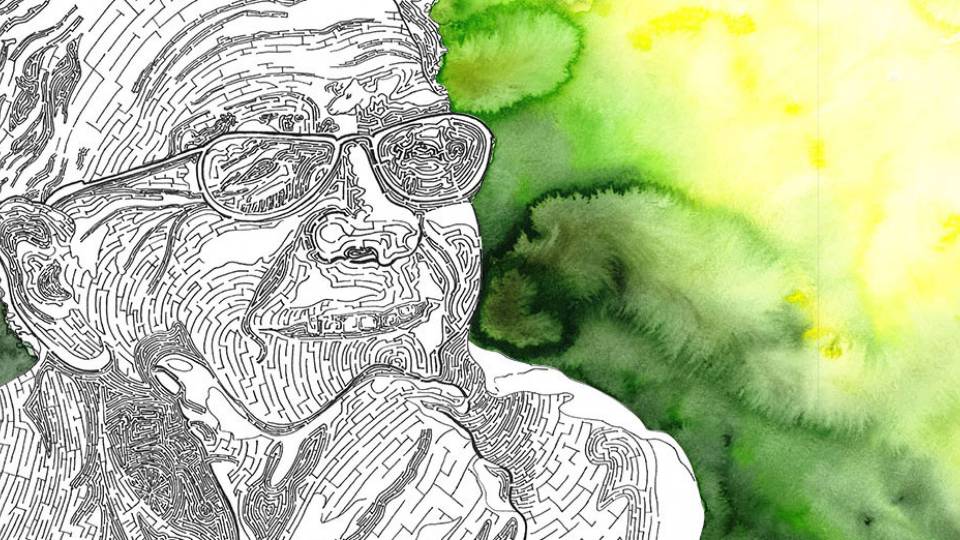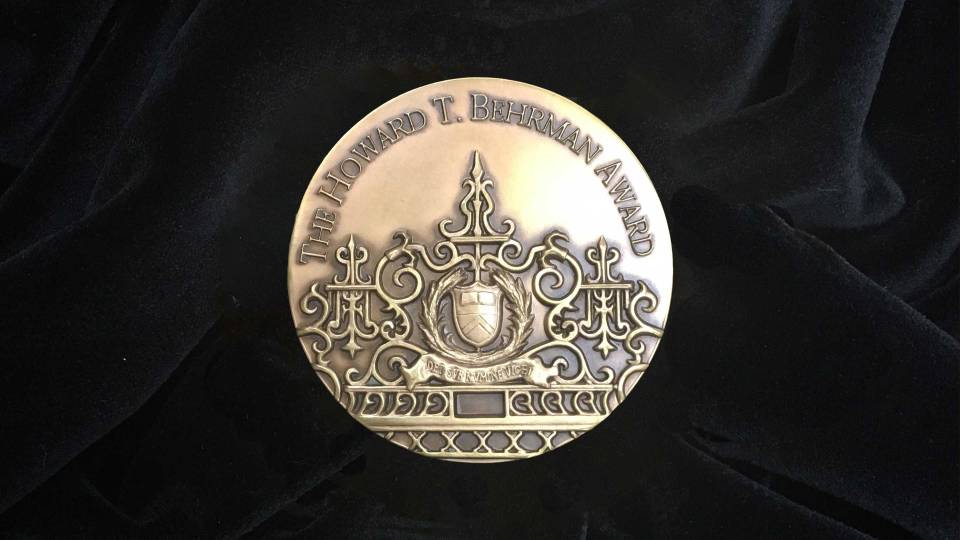Walk into a bookstore these days and you're likely to see a table
crowded with books about President Bush. Amid the insider accounts by
former White House officials and the examinations of Bush's policies by
investigative journalists is Peter Singer's new book, "The President is
Good & Evil: The Ethics of George W. Bush" (Dutton Books).
Singer, the DeCamp Professor of Bioethics, has analyzed the ethical basis
of a broad range of policies implemented by the Bush administration during
the last three years. Singer observes that Bush, more than any president
in recent memory, has made pronouncements on good and evil and right and
wrong a regular part of his dialogue with the American people.
Singer, who has been at Princeton since 1999, has written extensively on ethical issues for the last 30 years. Among his most notable works are "Animal Liberation," "Practical Ethics" and "Rethinking Life and Death," which received the 1995 Australian National Book Council's Banjo Award for non-fiction. He is widely credited with triggering the animal-rights movement.
In his latest work, Singer examines the president's pronouncements on tax cuts, stem-cell research, the war in Iraq and faith-based initiatives, among other topics, and finds what he believes to be ethical inconsistencies. Throughout the book, Singer makes the case that Bush has failed to carry through on the values he has so often trumpeted. Recently Singer spoke to the Princeton Weekly Bulletin about how he became interested in writing about a current political figure and whether it's appropriate to question the ethics of a sitting president.
Isn't it somewhat unusual for a philosopher to be writing about these kinds of current political issues?
It is somewhat unusual because of the way philosophers see themselves today, but there is a tradition of philosophers being actively involved in political questions. In the 19th century, John Stuart Mill was writing about many political issues and actually served as a member of the House of Commons for a time. But with the professionalization of philosophy it's solidly housed in academia now it's become more unusual for philosophers to actually look at current political figures in the way that I'm doing.
I think it is desirable for not only philosophers but other people in academia to roll up their sleeves and get into this. I'm not saying every philosopher has to, but I think it's a healthy thing for the political debate in the country for academics to contribute to political discussions.
Read the full story in the Weekly Bulletin.




